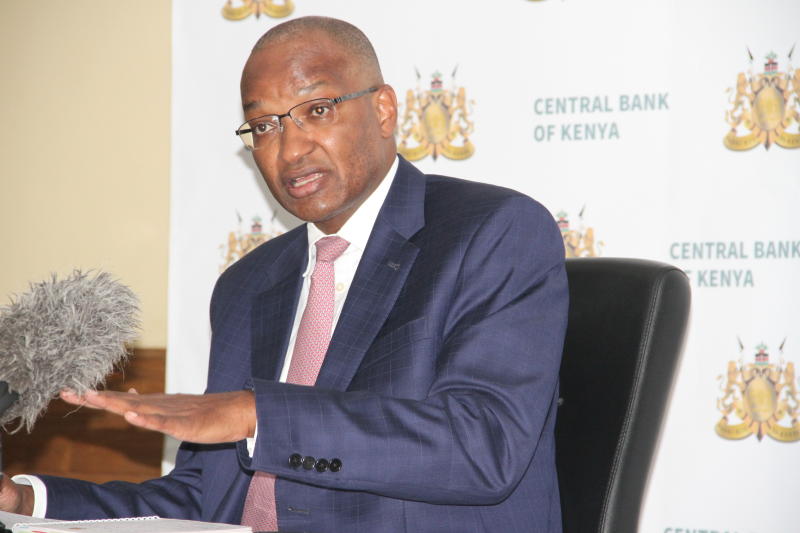×
The Standard e-Paper
Home To Bold Columnists

The Central Bank of Kenya (CBK) has cautioned the National Treasury over the cost of refinancing the country’s debt and urged the ministry to seek cheaper options.
CBK Governor Patrick Njoroge said yesterday that while Kenya’s debt may not be a problem yet, Treasury needed to look at different sources of funding, reducing the gap between revenues and the budget and refinancing the huge dollar debts cheaply.